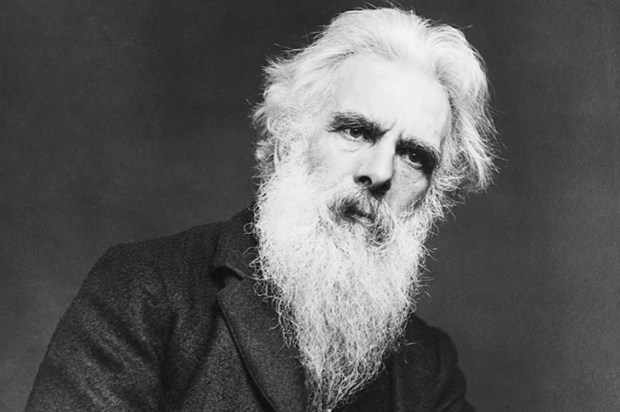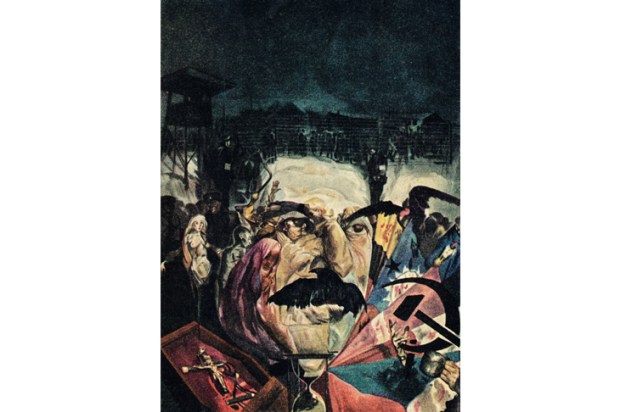Read cover to cover, a book of essays gives you the person behind it: their voice, the trend of their thinking, their tastes and the nature of their engagement with the world. So, here are two, one from each end of the human spectrum. Think of Milton’s Archangel Raphael, intellectually wide-ranging, lucid, informative and fair, and you have Francis Spufford.
Already a subscriber? Log in
Subscribe for just $2 a week
Try a month of The Spectator Australia absolutely free and without commitment. Not only that but – if you choose to continue – you’ll pay just $2 a week for your first year.
- Unlimited access to spectator.com.au and app
- The weekly edition on the Spectator Australia app
- Spectator podcasts and newsletters
- Full access to spectator.co.uk
Or
Unlock this article
You might disagree with half of it, but you’ll enjoy reading all of it. Try your first month for free, then just $2 a week for the remainder of your first year.














Comments
Don't miss out
Join the conversation with other Spectator Australia readers. Subscribe to leave a comment.
SUBSCRIBEAlready a subscriber? Log in